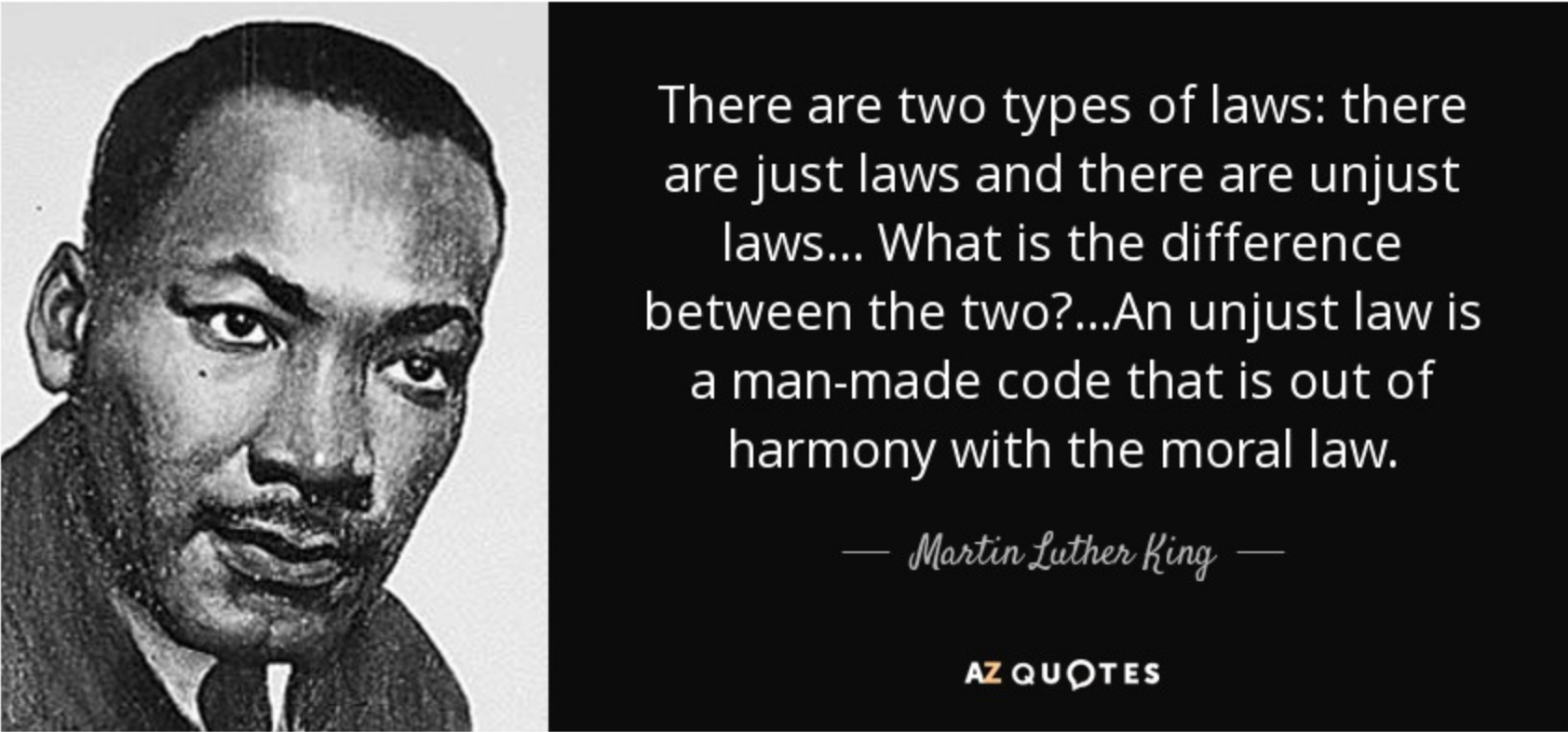This page is continued from Federal Rules of Civil Procedure Simplified >>>> Title II– Commencing an Action; Service of Process; Pleadings, Motions, & Orders >>>> Rule 5- Serving and Filing Pleadings and Other Papers:
******************************
(a) Notice by a Party. A party that files a pleading, written motion, or other paper drawing into question the constitutionality of a federal or state statute must promptly:
(1) file a notice of constitutional question stating the question and identifying the paper that raises it, if:
(A) a federal statute is questioned and the parties do not include the United States, one of its agencies, or one of its officers or employees in an official capacity; or
(B) a state statute is questioned and the parties do not include the state, one of its agencies, or one of its officers or employees in an official capacity; and
(2) serve the notice and paper on the Attorney General of the United States if a federal statute is questioned—or on the state attorney general if a state statute is questioned—either by certified or registered mail or by sending it to an electronic address designated by the attorney general for this purpose.
(b) Certification by the Court. The court must, under 28 U.S.C. §2403, certify to the appropriate attorney general that a statute has been questioned.
(c) Intervention; Final Decision on the Merits. Unless the court sets a later time, the attorney general may intervene within 60 days after the notice is filed or after the court certifies the challenge, whichever is earlier. Before the time to intervene expires, the court may reject the constitutional challenge, but may not enter a final judgment holding the statute unconstitutional.
(d) No Forfeiture. A party’s failure to file and serve the notice, or the court’s failure to certify, does not forfeit a constitutional claim or defense that is otherwise timely asserted.
Various Types of Constitutional Challenges:
As-Applied Challenge – a claim that a law or governmental policy, though constitutional on its face, is unconstitutional as applied, usually because of a discriminatory effect.
A fitting quote by civil rights hero Martin Luther King, jr:
Special thanks to AZQuotes for the above commemorative graphic we’re utilizing in accordance with Fair Use.
*************************
Next Rule:
Rule 5.2– Privacy Protection for Filings Made with the Court
*************************
References:
Disclaimer: All material throughout this website is compiled in accordance with Fair Use.
[1]: USCourts.gov, “Federal Rules of Civil Procedure”: http://www.uscourts.gov/rules-policies/current-rules-practice-procedure/federal-rules-civil-procedure
******************************************
Back to Federal Rules of Civil Procedure Simplified
Back to Title II– Commencing an Action; Service of Process; Pleadings, Motions, & Orders
Back to Rule 5- Serving and Filing Pleadings and Other Papers
Like this website?
or donate via PayPal:

Disclaimer: Wild Willpower does not condone the actions of Maximilian Robespierre, however the above quote is excellent!
This website is being broadcast for First Amendment purposes courtesy of
Question(s)? Suggestion(s)?
[email protected].
We look forward to hearing from you!

